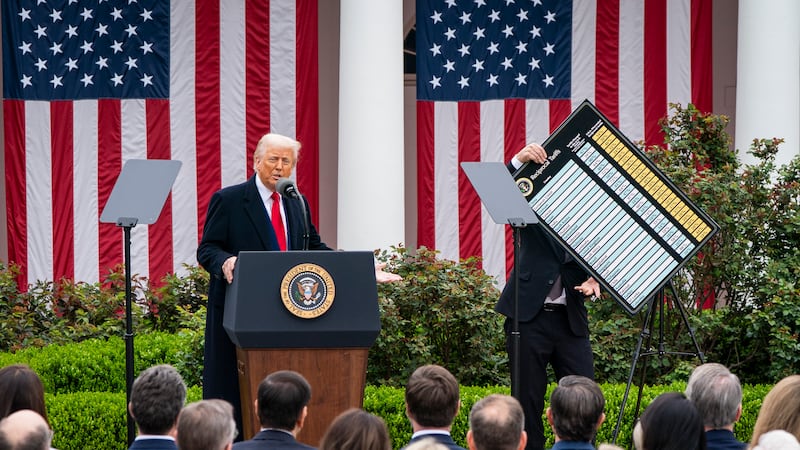Polish companies face a shortage of builders in 2018-2020, when the bulk of EU-financed infrastructure work will be done, the chief executive of Poland’s biggest listed construction firm said.
Poland lacks steelfixers, carpenters, plasterers, and bricklayers, among others, as many work in western Europe for higher pay, Budimex chief Dariusz Blocher said.
“Whether we like it or not, we need a large number of workers, mainly from the east, to deliver the investment plan co-financed with the new EU perspective, particularly in 2018-2020,” Mr Blocher said in an interview released on Monday.
“We can’t offer today €3,000-€4,000 to every employee, as no investor would pay for it,” Mr Blocher said. In Poland, average salaries are €1,096 a month.
"There are construction sites in Poland, where about 50 per cent of workers are foreigners, mainly from the east: Ukraine, Belarus, Moldavia," he said.
Mr Blocher, whose firm belongs to Spanish construction giant Ferrovial, said Poland should relax the way work permits are granted to minimise the risk of contract delays.
Last year, Polish recruitment agency Work Service estimated that Poland needed to double immigration in order to prevent foreign investors taking cash out of the country.
In 2015, about a million Ukrainians, fleeing a separatist conflict at home, came to Poland, adding to half a million already living there, according to central bank figures.
The Polish government often uses such data to argue against accepting refugees fleeing war and economic hardship in the Middle East and Africa.
Reuters















